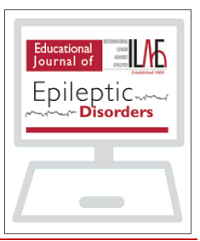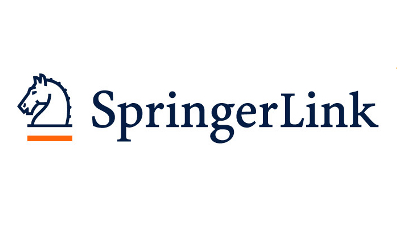 “Epilepsy is a neurological disorder characterized by the presence of seizures and neuropsychiatric comorbidities. Despite the number of antiepileptic drugs, one-third of patients did not have their seizures under control, leading to pharmacoresistance epilepsy.
“Epilepsy is a neurological disorder characterized by the presence of seizures and neuropsychiatric comorbidities. Despite the number of antiepileptic drugs, one-third of patients did not have their seizures under control, leading to pharmacoresistance epilepsy.
Cannabis sativa has been used since ancient times in Medicine for the treatment of many diseases, including convulsive seizures.
In this context, Cannabidiol (CBD), a non-psychoactive phytocannabinoid present in Cannabis, has been a promising compound for treating epilepsies due to its anticonvulsant properties in animal models and humans, especially in pharmacoresistant patients. In this review, we summarize evidence of the CBD anticonvulsant activities present in a great diversity of animal models. Special attention was given to behavioral CBD effects and its translation to human epilepsies.
CBD anticonvulsant effects are associated with a great variety of mechanisms of action such as endocannabinoid and calcium signaling. CBD has shown effectiveness in the clinical scenario for epilepsies, but its effects on epilepsy-related comorbidities are scarce even in basic research. More detailed and complex behavioral evaluation about CBD effects on seizures and epilepsy-related comorbidities are required.”
https://www.ncbi.nlm.nih.gov/pubmed/31954723
“CBD presents anticonvulsant behavioral effects in animal models of epilepsy. CBD induces neuroprotection in animal models of epileptic seizures. Multiple mechanisms of action are associated to CBD anticonvulsant effects. Animal models support CBD therapeutic use for epilepsies treatment.”
https://www.sciencedirect.com/science/article/pii/S014976341931067X?via%3Dihub


 “Neurofibromatosis type 1 (NF1) is a common genetic disorder. Pain is a major symptom of this disease which can be secondary to the development of plexiform and subcutaneous neurofibromas, musculoskeletal symptoms (such as scoliosis and pseudoarthrosis), and headaches. Visible neurofibromas add significant psychosocial distress for NF1 patients. Along with the chronic pain, psychosocial distress contributes to associated mood disorders, such as depression and anxiety.
“Neurofibromatosis type 1 (NF1) is a common genetic disorder. Pain is a major symptom of this disease which can be secondary to the development of plexiform and subcutaneous neurofibromas, musculoskeletal symptoms (such as scoliosis and pseudoarthrosis), and headaches. Visible neurofibromas add significant psychosocial distress for NF1 patients. Along with the chronic pain, psychosocial distress contributes to associated mood disorders, such as depression and anxiety. “Tetrahydrocannabinol (THC), cannabidiol (CBD) and cannabinol (CBN) affect the human endocannabinoid system.
“Tetrahydrocannabinol (THC), cannabidiol (CBD) and cannabinol (CBN) affect the human endocannabinoid system. “CBD was shown to have anti-seizure activity based on in vitro and in vivo models.
“CBD was shown to have anti-seizure activity based on in vitro and in vivo models. “Controlled and open label trials have demonstrated efficacy of
“Controlled and open label trials have demonstrated efficacy of  “To evaluate the efficacy of open-label, highly purified
“To evaluate the efficacy of open-label, highly purified  “The behavioural effects elicited by chemical constituents of Cannabis sativa, such as
“The behavioural effects elicited by chemical constituents of Cannabis sativa, such as  “Stress is a risk factor for psychosis and treatments which mitigate its harmful effects are needed.
“Stress is a risk factor for psychosis and treatments which mitigate its harmful effects are needed.